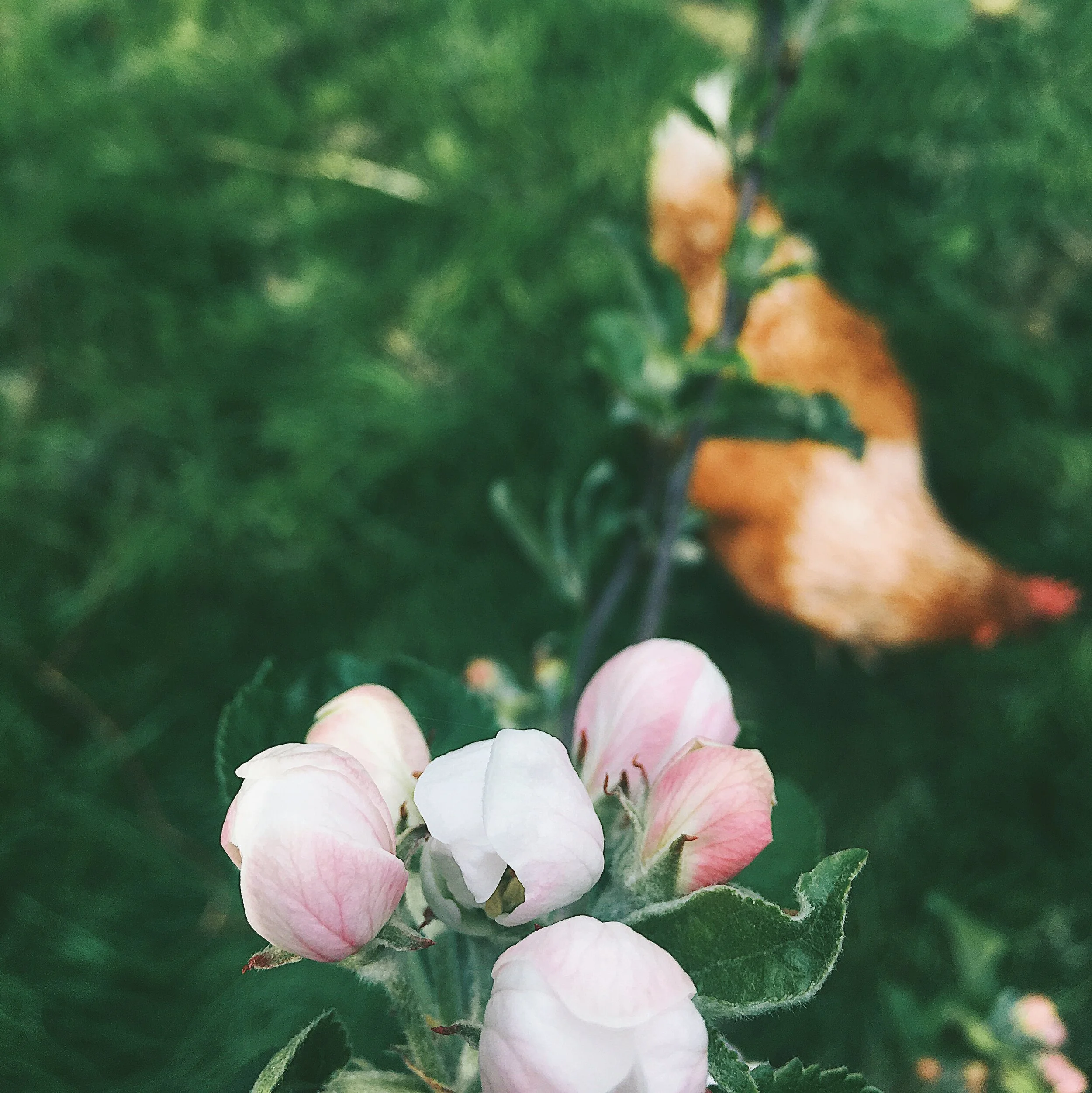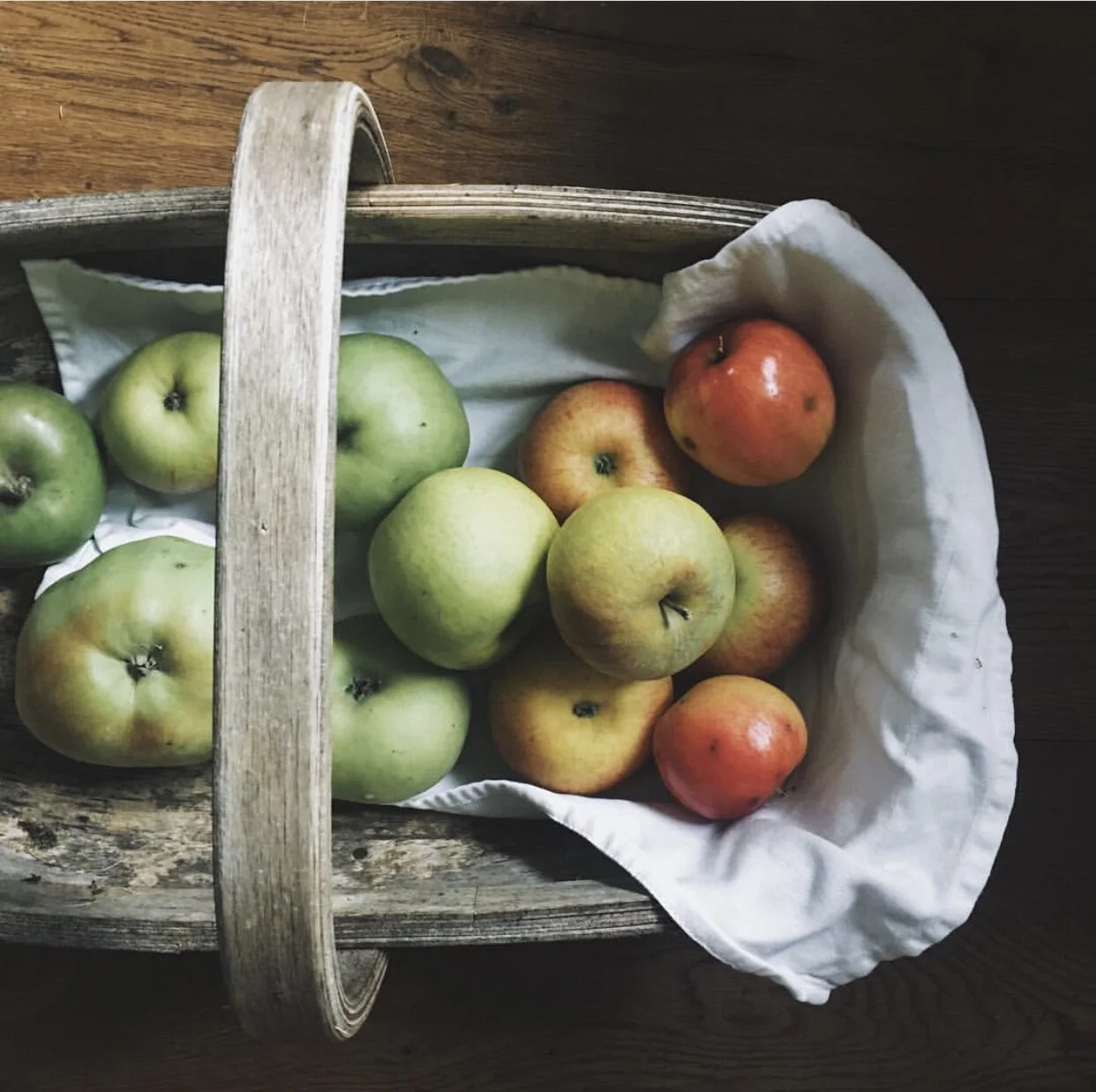5 Ways Instagram Can Help a Writer Gain Creative Confidence - by encouraging you to take small tiny steps out of your comfort zone.
I’ve written a lot about Instagram over the years. Right here on my blog, in my essays on Patreon and in my newsletter. And some of it has not been complementary. In fact, some of it has been extremely negative. I lost precious time and mental space obsessing about followers and engagement when the algorithm was brought in and we no longer viewed posts in order. I’ve been frustrated with my growth. I’ve spent hours creating pictures for the app; resulting in my writing projects growing dusty from neglect. And, more recently, I’ve discovered how the app was making me lose focus. The dopamine was controlling me and making sure I picked up my phone every few minutes to check whether I had comments, or whether my latest post was taking off, of if anyone had sent me a DM or I was just checking in with what other people were up to. This lack of focus stopped me from piecing lots of my scattered thoughts together and it took me longer than it should have to discover the direction in which my work should go.
Having said that...
There has been a positive side to my time on Instagram. Instagram has been one of the reasons behind my growth in creative confidence in recent years. Yes, I’ve occasionally compared my progress to someone else’s and beaten myself up as I felt lacking. But looking at it as a whole the app has given me creative confidence - enough to edge me ever closer towards my dreams and ambitions. So I wanted to share how this happened in the hope that, if you’re struggling with confidence around your creativity: whether that’s writing like me, or, for example, as an artist, illustrator or photographer, it will help you grow yours, too. Hopefully enough to encourage you to step outside of your comfort zone and put that creative project out there into the world.
But firstly a little disclaimer. This is not a post about growing your following on Instagram. This post is about changing your mindset so instead of chasing followers you - as a creative - use the app to become more relaxed with being a creative and more confident with sharing that fact with the wider world.
In addition never feel bad about taking breaks from Instagram. Only use the app for as long as it is helping you. If it becomes a pressure, if it is taking you from your core work, if you need time to refill your creative well, if you find it is disrupting your creativity, if you find you’re picking your phone up every five minutes to check and it all becomes too much - whatever the reason - step back and come back when you feel ready.
This post builds on the Instagram reel I posted here. Something I was nervous about doing - it was a step out of my comfort zone because it was giving advice (something I haven’t really done on Instagram) - but I did it anyway. And ping - another small growth in my confidence.
It’s all about the baby steps.
Here are my tips - all based upon my own experience over the last five or six years:
1. Use the caption to express yourself. Practice your writing and discover your writing voice.
At first glance you might think this is a tip just for writers. But I would encourage all creatives to use the space in the caption to write a little more about your creativity. If you’re not very confident then pushing yourself gently (and I do mean gently!) to talk more about your creativity on Instagram can really help. For me it helped to find my writing voice. In addition it helped to discover what my true passions were. Right now I’m writing a blog post about creativity and confidence. A few weeks ago I self-published an ebook about journaling your goals and finding your purpose. I’m part way through writing a mini-ebook about confidence and creativity. And on Patreon and my newsletters I write essays about confidence and creativity.
All this has indirectly come from writing captions on Instagram. I found my voice. And I found my passions.
“You can’t find your voice if you don’t use it.”
I would add to Austin’s quote - you can’t find your passions without exploring and experimenting.
2. Upload regularly to get used to sharing your writing in front of an audience.
I still remember the nerves when I sent my first blog post live. I still remember the anxiety when I posted a tweet (back when I was on Twitter). My first Instagram post was a picture of a flower with just a one word caption. I was too scared to put anything else.
Putting your work out there on the Internet in whatever form can feel incredibly exposing. All of a sudden you have a platform that the entire world could potentially read. It makes you want to shrink away. I used to describe it as wanting to hide underneath the kitchen table as that is how I felt after publishing a blog post. In reality I would leave the room I was writing in and go outside to feed the chickens or walk the dog around the field.
Eventually I became used to publishing things online. Blog posts, Instagram posts and Patreon posts - I took it all in my stride. Until I tried something different. Like the time I decided to use Instagram as a micro-blog and talk about my lack of confidence. Or the time I started an IGTV vlog or when I started my YouTube channel. Each time I took that step out of my comfort zone I would cringe and want to delete what I created immediately. But I kept going. I kept uploading. And it got easier. And easier. Until I was ready for the next challenge and to try something new.
Doing all of this made it easier when it came to publishing my writing as a book. And when I did release my workbook a few weeks ago, yes, I felt nervous. But I wasn’t a gibbering wreck with nerves. I didn’t feel the need to hide under the kitchen table. And that’s because I was used to sharing my writing with an audience.
3. Talk about your work. Don’t just say you’re a writer but show us.
Describing yourself as a writer or a photographer or an artist can be hard and is a big milestone for some of us. I think I’d been writing for six or seven years before I felt able to say ‘I’m a writer’. In fact I blogged about it. Is it because we feel we’ll be judged if we say we’re a writer/photographer/artist? That people will look at our work and say ‘how can you say you’re a writer? You can’t write!’ Or is it because we feel people will say ‘who does she think she is?’. Or, it could be that you don’t feel you’re good enough yet. Your confidence is very low. But taking that awkward and nerve-wracking step of admitting it to the world is admitting it to yourself. By admitting it to yourself you feel more powerful and you take your writing more seriously.
But it’s not just stating that you’re a writer in your profile, About Page, or in the handle of your social media name. Showing you’re a writer is also important. Back when I wrote that blog post calling myself a writer - I didn’t actually show I was one on my social media channels. This was ridiculous of me because I’d joined Instagram as a place to grow a platform as a writer in order to convince publishers that I was a good prospect. As that was specifically my goal it would make sense to show that I was a writer. To use the space in the caption. So what did I do? I just used the word ‘beautiful’ or ‘poppy’ in the caption - this did not show that I was a writer.
I would create photographs specifically for Instagram, I would share video clips of my chickens and ducks. But not many people knew I was a writer as I put all my effort into the visual. Even less knew I’d written a draft of a novel. My handle at the time was @abookishbaker. I was saying I was bookish and a baker but there was no mention of being a writer.
Show - don’t just tell.
4. Share your behind the scenes.
“It’s about simply keeping track of what’s going on around you.”
This is similar to showing that you’re a writer but now I’m encouraging you to share your progress and process. Sharing my work has been invaluable for me. Sharing rough thoughts, passages from my journal, notebooks with partially written essays, books, or blog posts has been a huge boost to my confidence. Writing is my art. It is my passion. It is me.
If you’re struggling then Austin Kleon’s advice is to think of yourself as a documentarian of your work in progress. See Instagram as a scrapbook of your process. Share photographs and videos of the various stages of your art.
Once I did this, once I started to show I was a writer and shared my work I felt - again - that little bit more powerful. I felt I was expressing a side of me that had been hidden. I started to explore themes and subjects more on my Instagram - in the caption and in the visual. As I said in tip #1 my captions helped uncover my passions. On Instagram I wrote about confidence and mental blocks such as fear. Exploring these subjects has turned into writing projects off instagram. They became essays and a book. Austin Kleon, in his book ’Show Your Work!’ refers to it as turning your ‘flow’ (the raw unfiltered work on social media) into stock (the art you sell).
I know by sharing my writing in the rough stages I have inspired and motivated a number of other creatives. This has helped create a sense of community which, again, can also give you a confidence boost.
5. Experiment. Have fun. Don’t take it too seriously
Through Instagram I have developed my skills as an iPhone photographer. I’ve learned how to convert a mood with filters. I’ve created the narrative of ‘stories from my desk’. And I’ve experimented with new software. When Instagram Stories was introduced I would create mini-videos of my mornings. When IGTV was introduced I started a writing vlog that inspired me to create a YouTube channel. I learned how to edit films. I learned how to tell stories with moving images and deleted the clips that didn’t pull the story along - something that has helped me with my writing. And now I’m having fun with reels. It ignites a spark in another creative side of me. It breaks up the writing day. And it keeps the ideas churning. And from these reels I might think of something else to write about (case in point - this blog post!)
So instead of worrying about how many likes your latest post has received, or how many followers you have - change your mindset. What can you get out of Instagram? Maybe, just maybe, you might boost your confidence - enough to change your creative life.
Further reading
Finding that flow - an essay by me about the negative aspects of Instagram.
Show Your Work! by Austin Kleon - UK link | USA link
Further watching
My creative confidence reel on Instagram
My YouTube video about sharing your work by Austin Kleon
More writing
I’ve just published my ebook, called Journaling Your Goals, to help you find your creative purpose and to become more productive, more motivated, more confident and less scared.
I also write tiny essays in my newsletter which I send out about twice a month.






